The paints dance across the page, running into each other in ways I hadn’t planned but looking all the more beautiful for it. It’s like an analogy for life really. No matter what way you plan, life will do its own thing but that doesn’t mean it’ll be any less beautiful and worthwhile.
I was diagnosed with MS not long after my 25th birthday but in reality I had symptoms going back for more than a decade before that. As an avid runner, when the diagnosis of MS finally came in 2015, six months after a three-week hospital admission, I immediately signed up for a half marathon.
That’s also when I started a blog to catalogue my journey with MS. In 2016, exactly a year on from completing that half marathon, I had two severe relapses that left me in a lot of pain and I required the use of mobility aids for many years after.
Just closing my eyes and listening to the birds sing or the trees rustle reminded me I was alive and still a part of the world
It was during this period I picked up a paintbrush again for the first time in a decade. With each mark I rediscovered my new self and I was surprised to find that she was someone I felt more at peace with.
As humans our identities constantly shift and change but that change is much more sudden and extreme following a diagnosis or disabling relapse. Yet I found freedom in painting I never expected and I will always be grateful to MS for leading me back to art.
Big Life Fix
When MS threatened to also take art from my life I was incredibly lucky to be contacted by the RTÉ Big Life Fix team and received their help in 2019 with devices that have kept me painting.
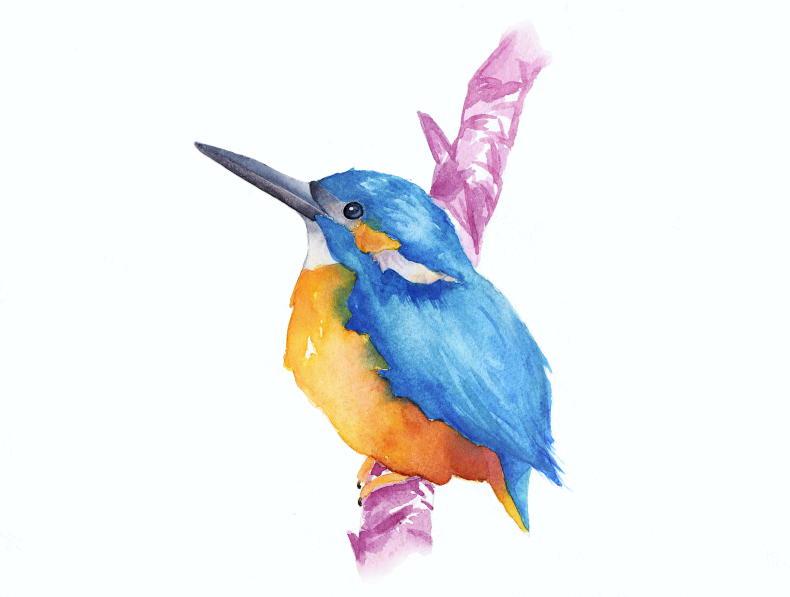
One of the greetings cards Rosie produced that is on sale on the MS Ireland shop at https://www.ms-society.ie/shop/all-occasions-cards
Since then I’ve wanted to give back as much as possible– I have designed a sellout range of Christmas cards for MS Ireland (with 100% of the proceeds going to the charity) and my artwork is on the cover of their MS Ireland calendar. So, when I heard about their exhibition, I jumped at the chance to be included.
Proud to identify as disabled
I really wanted my artwork to explore my identity as someone who is proud to identify as disabled and to inspire others to stand with us as our allies. I remember how grateful I was when my wheelchair arrived – it offered me freedom at a time my legs didn’t work.
But this freedom was short-lived when I realised the outside world sets up barriers to inclusion at every turn. Most of our towns and cities are not accessible and we seem to be okay with that. We are happy to call disabled people an inspiration but how many of us do anything to challenge the system that creates most of that disability through inaccessibility and outdated ideas of what disability is?
Hand of Fate
The imagery in my artwork is metaphorical and I would run out of space if I were to explain it all. It explores my symptoms, particularly pain, and how these have forced me to examine my identity.
The dominant imagery of botanicals and thorns highlights how interconnected pain and beauty are. Certainly for me, it was during the days my pain was at its worst that the only respite I could find was in nature. Just closing my eyes and listening to the birds sing or the trees rustle reminded me I was alive and still a part of the world.
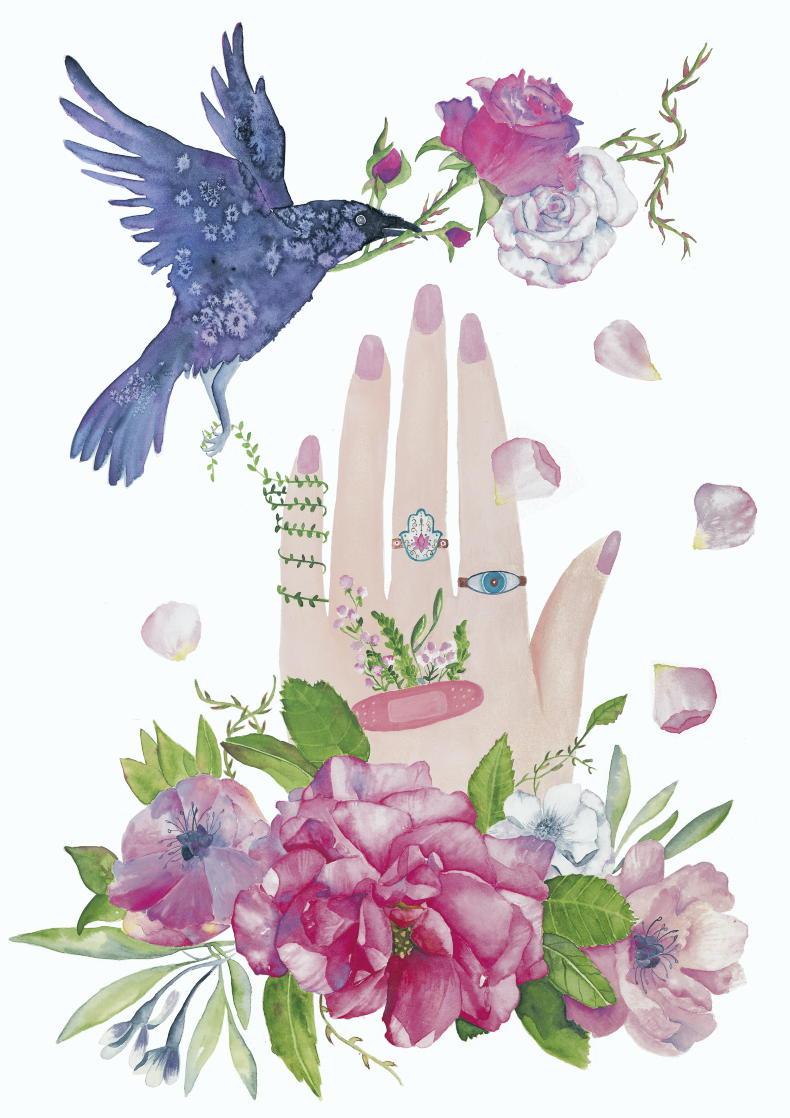
In Irish mythology the raven is often misunderstood as representing solely death but it can just as often signify renewal and a change of fate. Much like the raven, society has a fixed idea of disability as being inherently negative: something to fear and hide from.
But for me MS has just become another facet of my identity - it’s the societal disability I’ve experienced, such as inaccessibility, that has been far more disabling. My piece, which I’ve titled Hand of Fate, looks at how disability marks and shapes us in unexpected ways, how beauty and pain are interconnected, and the positive effects disability can also have in moulding our identity.
Rosie writes and sells her artwork at www.creativelyrewired.com
She is also part of the MS Ireland blog team and recently wrote a two-part series for them on changing how we view and talk about disability so that so accessibility and equality become basic standards in Irish society – see www.ms-society.ie/ms-and-me
The paints dance across the page, running into each other in ways I hadn’t planned but looking all the more beautiful for it. It’s like an analogy for life really. No matter what way you plan, life will do its own thing but that doesn’t mean it’ll be any less beautiful and worthwhile.
I was diagnosed with MS not long after my 25th birthday but in reality I had symptoms going back for more than a decade before that. As an avid runner, when the diagnosis of MS finally came in 2015, six months after a three-week hospital admission, I immediately signed up for a half marathon.
That’s also when I started a blog to catalogue my journey with MS. In 2016, exactly a year on from completing that half marathon, I had two severe relapses that left me in a lot of pain and I required the use of mobility aids for many years after.
Just closing my eyes and listening to the birds sing or the trees rustle reminded me I was alive and still a part of the world
It was during this period I picked up a paintbrush again for the first time in a decade. With each mark I rediscovered my new self and I was surprised to find that she was someone I felt more at peace with.
As humans our identities constantly shift and change but that change is much more sudden and extreme following a diagnosis or disabling relapse. Yet I found freedom in painting I never expected and I will always be grateful to MS for leading me back to art.
Big Life Fix
When MS threatened to also take art from my life I was incredibly lucky to be contacted by the RTÉ Big Life Fix team and received their help in 2019 with devices that have kept me painting.

One of the greetings cards Rosie produced that is on sale on the MS Ireland shop at https://www.ms-society.ie/shop/all-occasions-cards
Since then I’ve wanted to give back as much as possible– I have designed a sellout range of Christmas cards for MS Ireland (with 100% of the proceeds going to the charity) and my artwork is on the cover of their MS Ireland calendar. So, when I heard about their exhibition, I jumped at the chance to be included.
Proud to identify as disabled
I really wanted my artwork to explore my identity as someone who is proud to identify as disabled and to inspire others to stand with us as our allies. I remember how grateful I was when my wheelchair arrived – it offered me freedom at a time my legs didn’t work.
But this freedom was short-lived when I realised the outside world sets up barriers to inclusion at every turn. Most of our towns and cities are not accessible and we seem to be okay with that. We are happy to call disabled people an inspiration but how many of us do anything to challenge the system that creates most of that disability through inaccessibility and outdated ideas of what disability is?
Hand of Fate
The imagery in my artwork is metaphorical and I would run out of space if I were to explain it all. It explores my symptoms, particularly pain, and how these have forced me to examine my identity.
The dominant imagery of botanicals and thorns highlights how interconnected pain and beauty are. Certainly for me, it was during the days my pain was at its worst that the only respite I could find was in nature. Just closing my eyes and listening to the birds sing or the trees rustle reminded me I was alive and still a part of the world.

In Irish mythology the raven is often misunderstood as representing solely death but it can just as often signify renewal and a change of fate. Much like the raven, society has a fixed idea of disability as being inherently negative: something to fear and hide from.
But for me MS has just become another facet of my identity - it’s the societal disability I’ve experienced, such as inaccessibility, that has been far more disabling. My piece, which I’ve titled Hand of Fate, looks at how disability marks and shapes us in unexpected ways, how beauty and pain are interconnected, and the positive effects disability can also have in moulding our identity.
Rosie writes and sells her artwork at www.creativelyrewired.com
She is also part of the MS Ireland blog team and recently wrote a two-part series for them on changing how we view and talk about disability so that so accessibility and equality become basic standards in Irish society – see www.ms-society.ie/ms-and-me







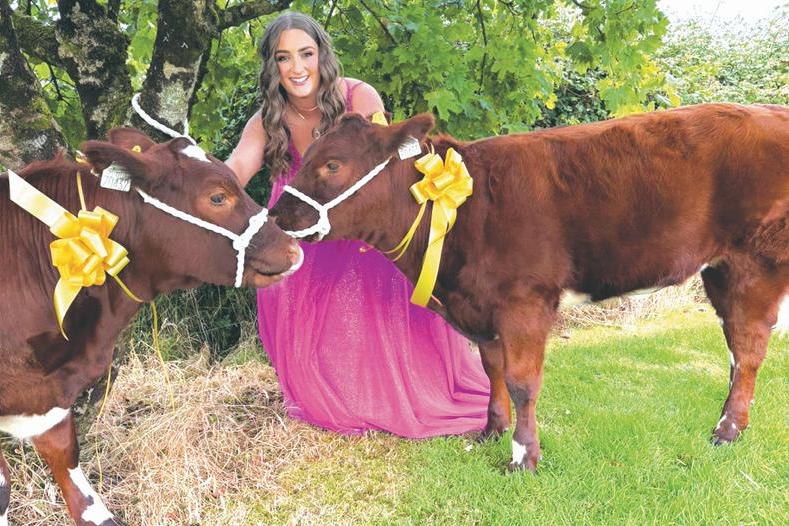
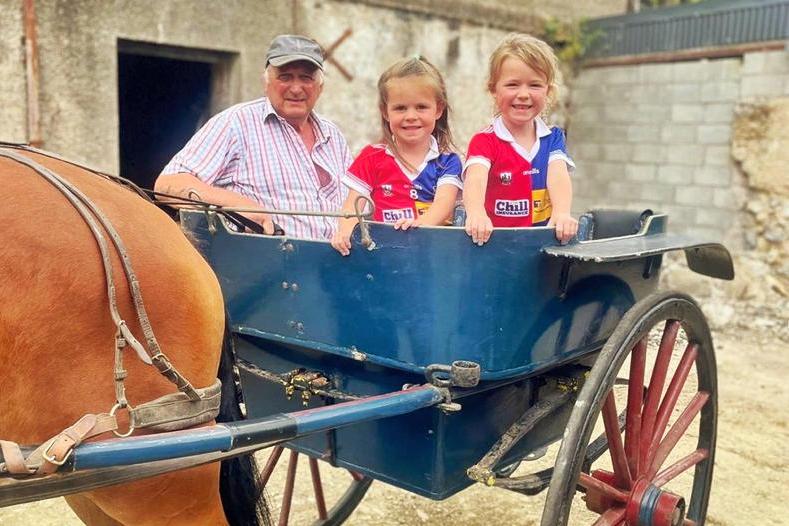
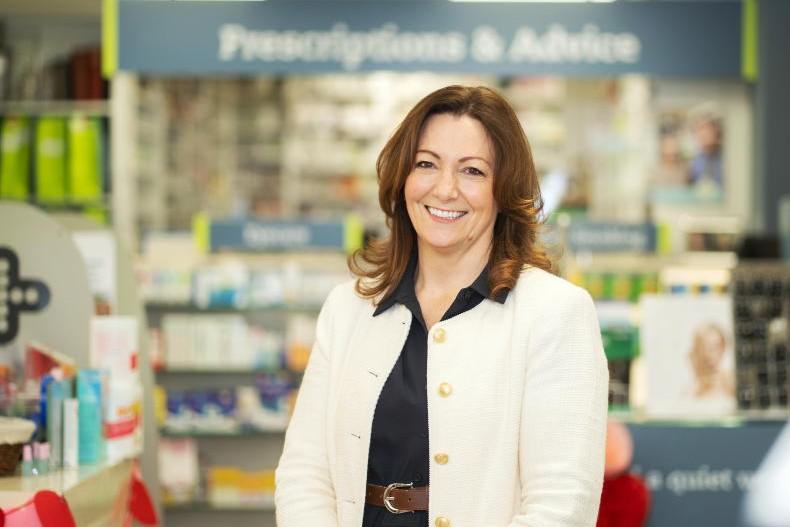
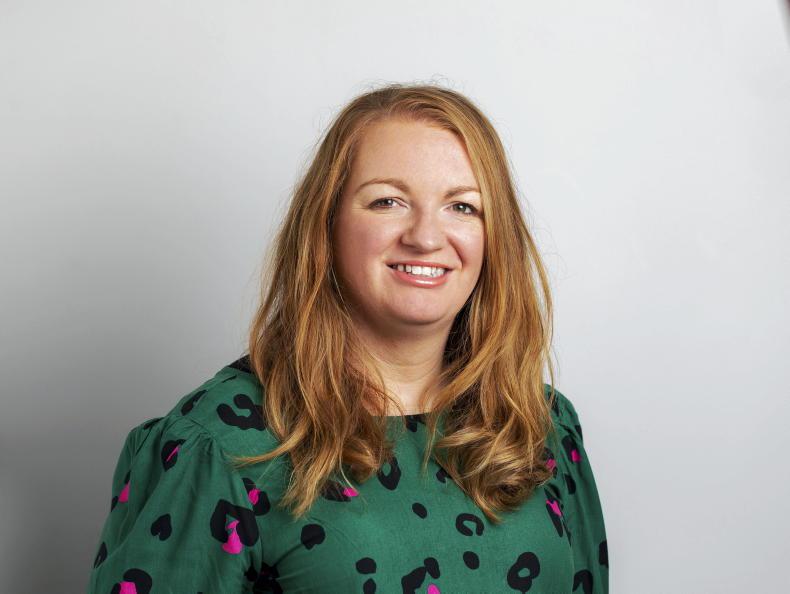
SHARING OPTIONS